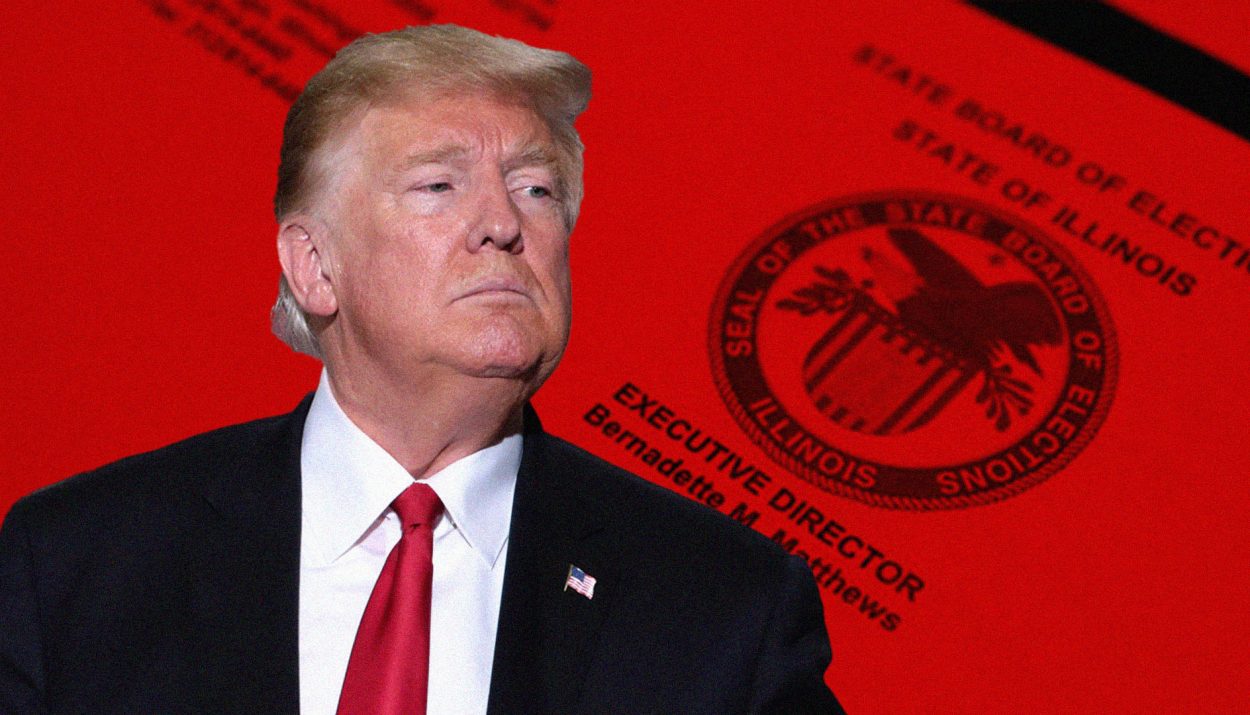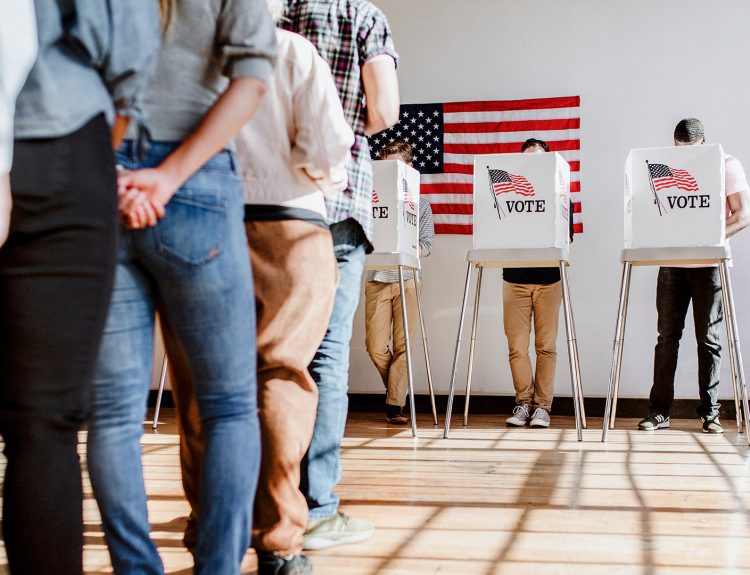With his name already removed from the Illinois presidential primary ballot, former President Donald Trump faces an uphill legal battle to restore his candidacy. A state judge ruled that Trump is ineligible to run for office under the Fourteenth Amendment’s prohibition on insurrectionists holding office.
The decision comes just days before Illinois voters head to the polls, leaving Trump little time to appeal. Though the ruling will be temporarily stayed, Trump’s path forward remains unclear. The case could reach the U.S. Supreme Court, which is already weighing a similar challenge from Colorado.
Judge’s Ruling
In her decision, Judge Porter found that the Illinois State Board of Elections improperly allowed Trump to remain on the ballot. While acknowledging her ruling “could not be the outcome,” Porter ordered Trump removed from the ballot.
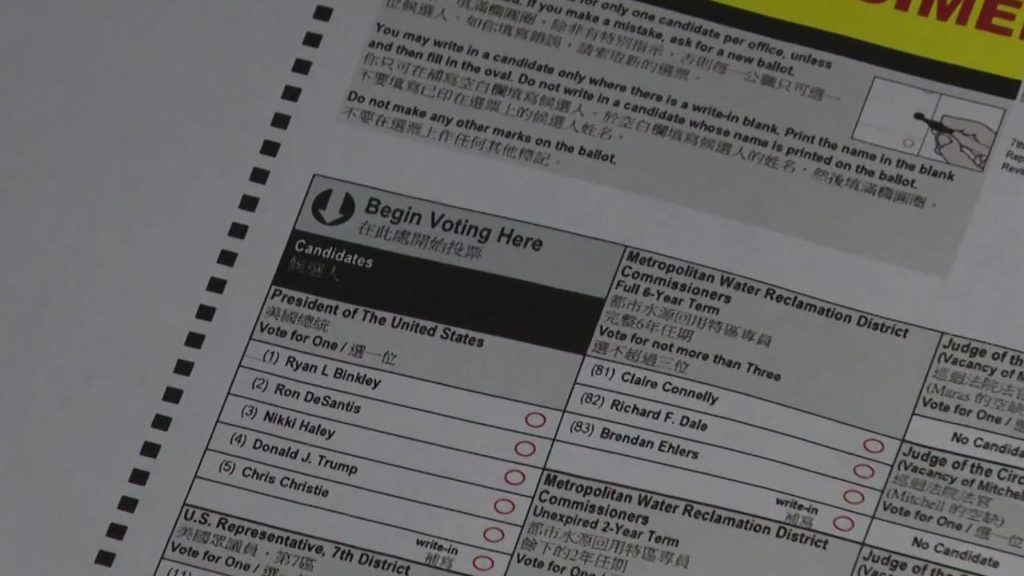
However, the order will be stayed until Friday to allow time for an appeal, which Trump’s spokesperson said would be made. The Amendment’s “plain language and plain meanings…applies to the former president now seeking to hold office again as the President of the United States,” Porter wrote.
Evidence of Insurrection
The judge’s ruling came after a five-day hearing reviewing evidence related to the insurrection clause of the 14th Amendment. The petitioners provided proof demonstrating that Trump’s words and actions surrounding the events of January 6, 2021, amounted to engaging in insurrection against the United States government.
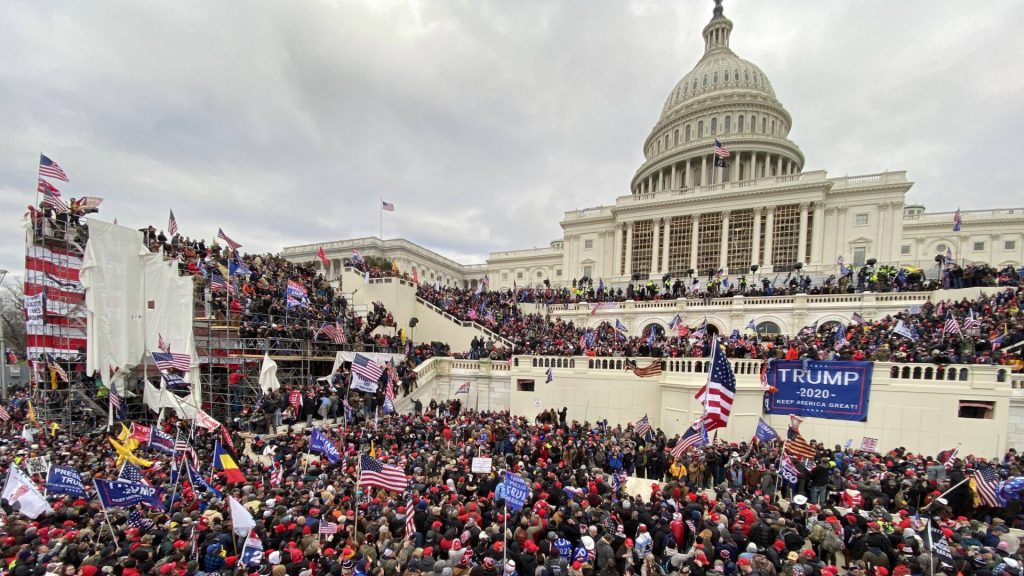
However, Judge Porter rejected this claim, noting that “President Jefferson Davis did not actually fight in the Civil War because he was responsible for the political and administrative management of the war efforts, and he was still disqualified under Section III of the Fourteenth Amendment for engaging in insurrection.”
Appeal Expected
With Illinois’ primary days away and early voting started Trump has a narrow window to appeal the decision. His spokesperson said an appeal would be made, calling Porter’s ruling “unconstitutional.” The U.S. Supreme Court is also reviewing a similar Colorado case, weighing whether Trump can appear on that state’s ballot.
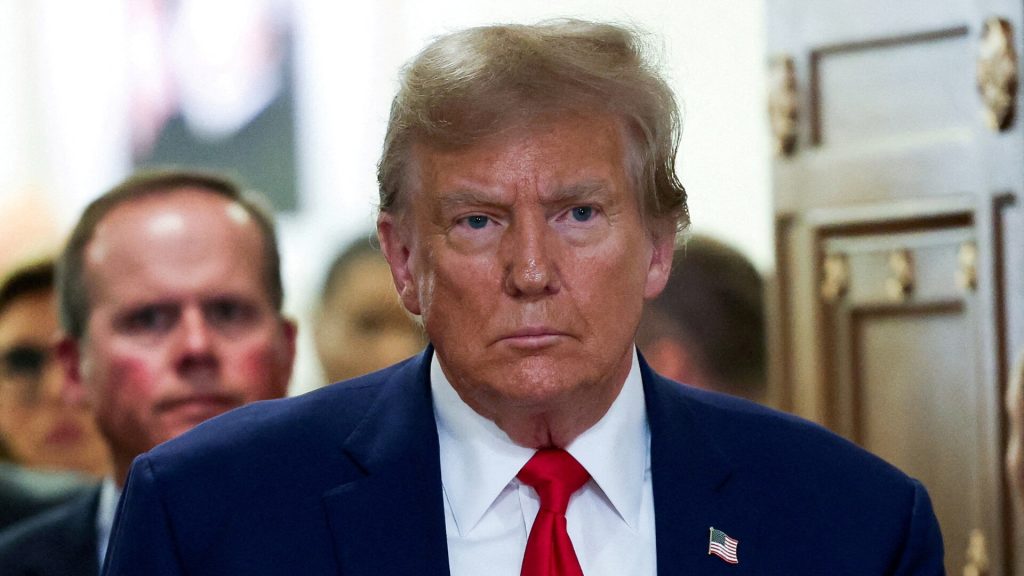
For now, Trump has been removed from the Illinois ballot. However, the complex legal issues around the Fourteenth Amendment and eligibility for office suggest this may not be the final word. The ramifications of these cases could shape future candidacies and elections.
Legal Challenges Pose Risks to Campaign
The decision by Judge Porter to remove Donald Trump from the Illinois primary ballot could significantly impact his 2024 presidential campaign. If upheld through the appeals process, it sets a precedent that may embolden other states to pursue similar legal challenges under Section III of the Fourteenth Amendment.
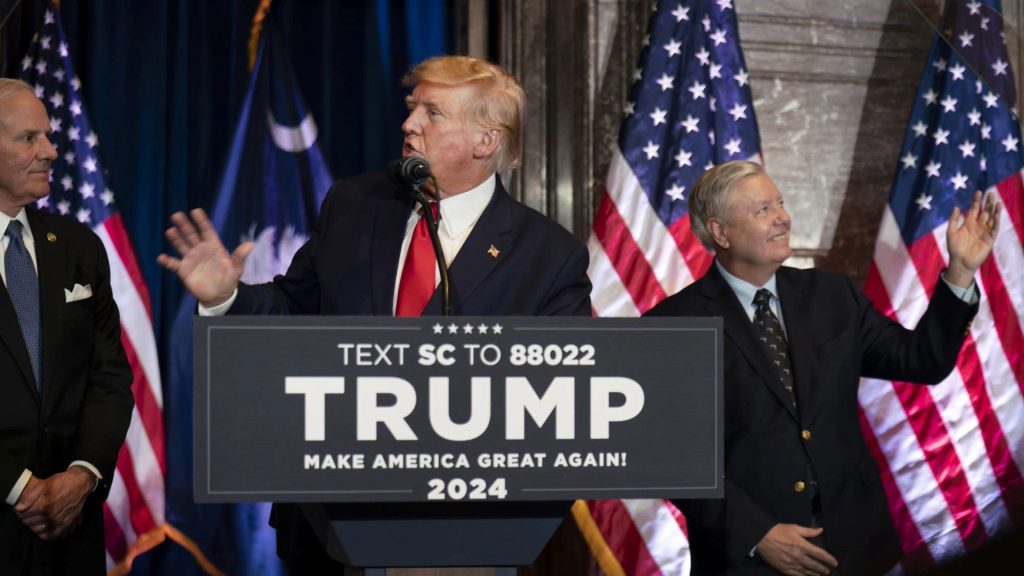
Multiple court cases alleging that Trump engaged in insurrection remain ongoing, including in Colorado. These legal battles will require investments of time and money that could distract from Trump’s campaign messaging and fundraising efforts.
Division Among Republicans
Trump continues to enjoy strong support among Republican voters and holds a commanding lead in 2024 primary polls. However, his legal troubles related to the Capitol riots have caused a rift within the party.
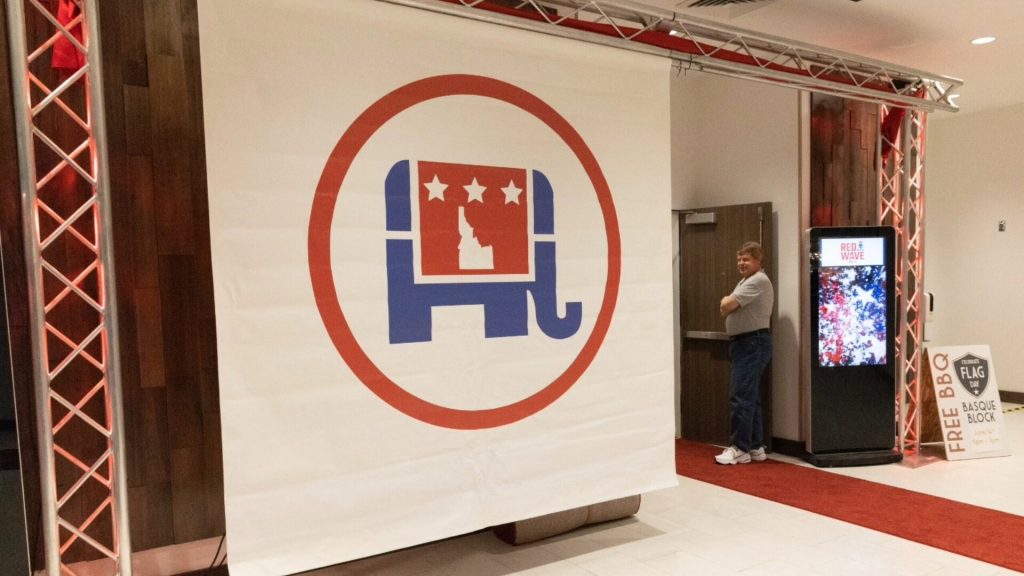
Some establishment Republicans argue that Trump’s rhetoric and actions on January 6 make him unfit to hold future office. The Republican National Committee’s decision to continue supporting Trump financially and politically risks further dividing the party ahead of the 2024 election.
New Legal Issues Piling Up
While Donald Trump remains a dominant force within the Republican party, his path to a 2024 presidential run is filled with legal and political obstacles. Ongoing court cases related to the Capitol riots continue to call into question his fitness for future office and threaten to derail his campaign.
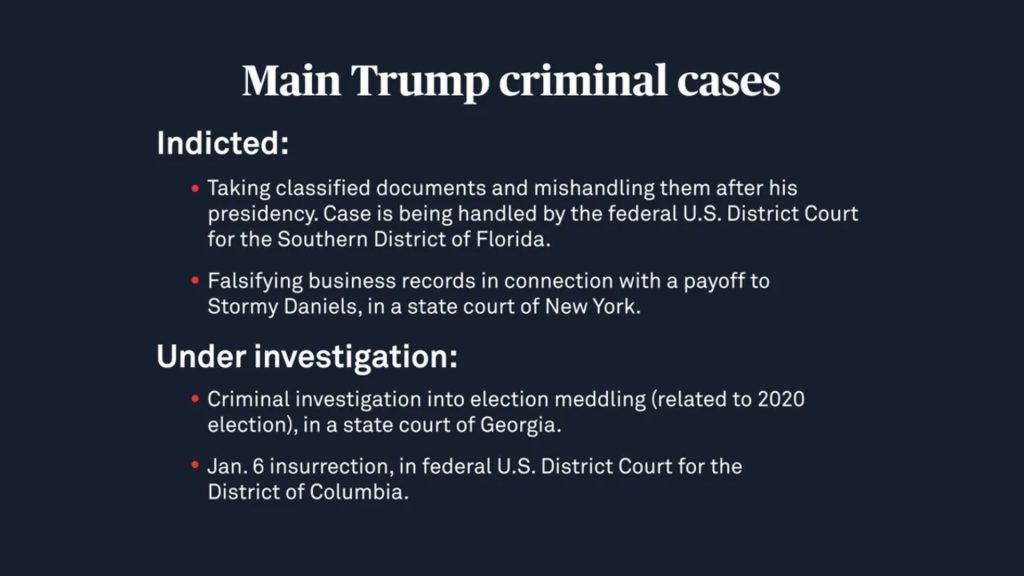
His insistence on continuing to spread misinformation about election fraud risks further dividing Republicans and undermining faith in the democratic process.
Narrow Window for Resolution
With Illinois voters already submitting mail-in and early ballots, the legal disputes must be resolved rapidly. Judge Porter acknowledged that her order was unlikely to be the outcome, given the short time remaining before the Illinois primary election.

However, her decision, together with the looming Supreme Court ruling, suggests that Trump faces substantial obstacles to appearing on some state ballots, even as his campaign moves forward.
Other States Considering Barring Trump From Ballots: Colorado
The state of Colorado was one of the first to take action against allowing Trump on their primary ballot. Judge Sarah B. Wallace found that Trump had engaged in insurrection according to Section III of the Fourteenth Amendment.
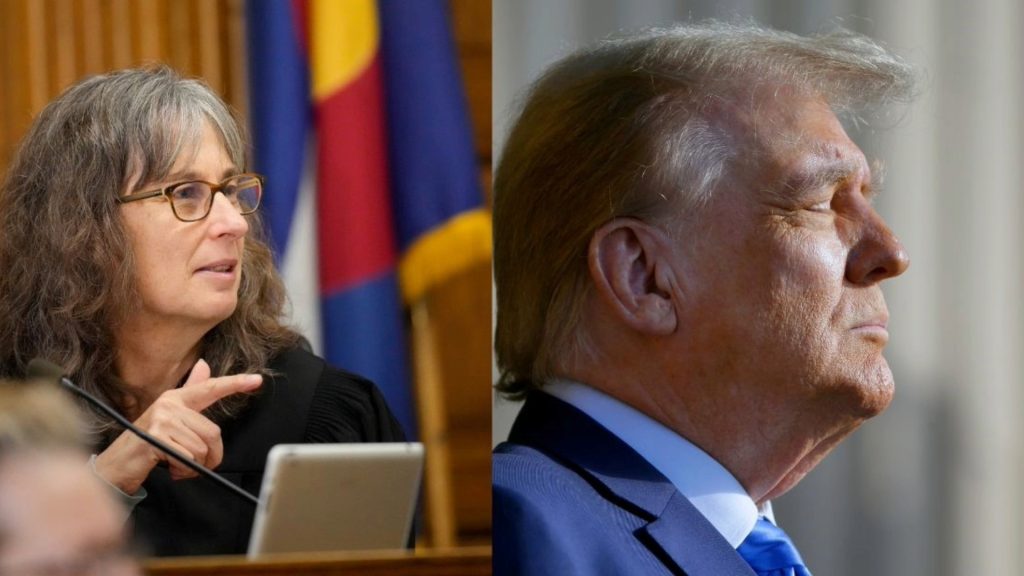
However, Wallace still allowed Trump to remain on their ballot, a decision that was appealed to the U.S. Supreme Court. The high court is currently reviewing arguments from both sides to determine if Trump can run in Colorado.
Other States Considering Barring Trump From Ballots: Georgia
Voters in Georgia have also filed a lawsuit to block Trump from the ballot. They argue that Trump violated his oath of office and incited the Capitol riot on January 6, 2021.
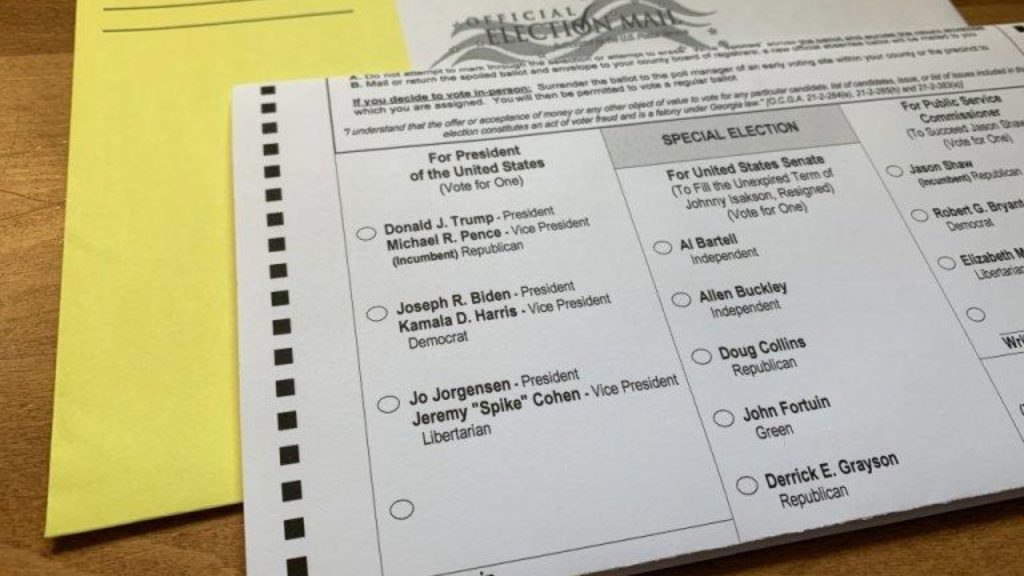
The voters contend that the evidence clearly shows that Trump’s words and actions leading up to and during the riot amount to insurrection. Trump’s legal team argues that the First Amendment protects his speech and that he did not directly incite violence.
Other States Considering Barring Trump From Ballots: New Mexico
A similar case has been filed in New Mexico to remove Trump from their ballot. The plaintiffs argue that Trump should be disqualified as a candidate because he engaged in insurrection by inciting his supporters to storm the U.S. Capitol in an effort to overturn the results of a free and fair election.
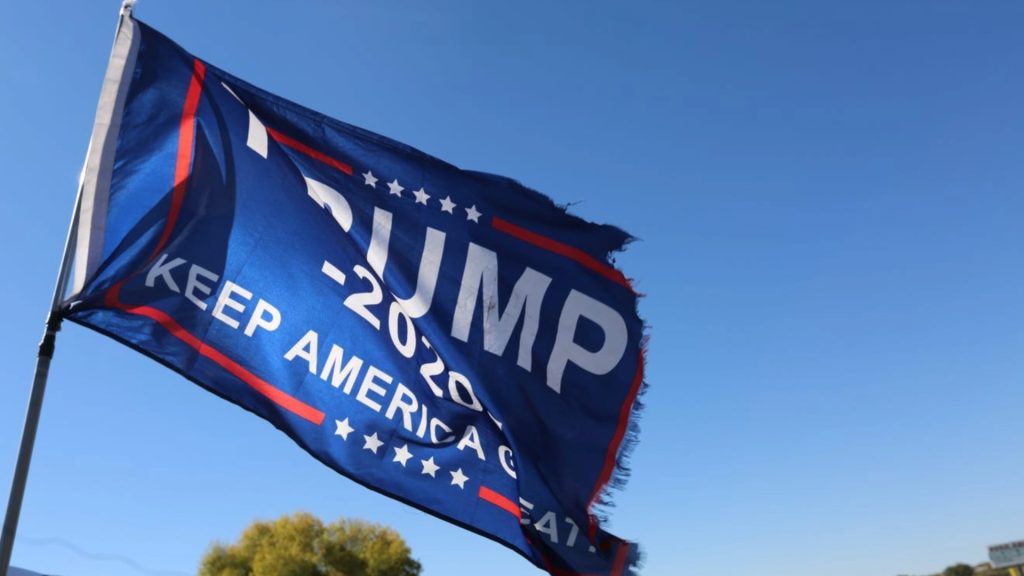
They point to Trump’s speech at the rally preceding the riot, his tweets promoting the rally, and his slow response in calling for the rioters to disperse as evidence that he was responsible for the insurrection.
Can the 14th Amendment Disqualify Trump Nationwide?
Legal experts argue the 14th Amendment should disqualify Trump from running for president again. Section 3, known as the “Disqualification Clause,” was passed after the Civil War to bar Confederate leaders from holding office.
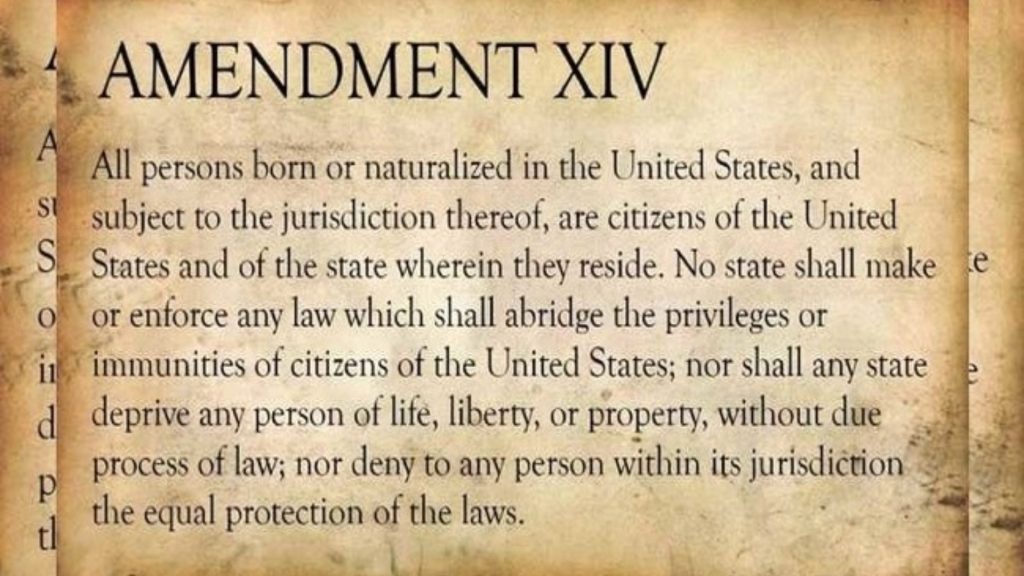
According to some scholars, it applies to any officials who engage in “rebellion” or “insurrection” against the U.S. government. They claim Trump’s role in inciting the January 6 attack on the Capitol qualifies as insurrection.
What This Means for Other Candidates and the 2024 Race
The ruling removing Donald Trump from the Illinois primary ballot could have significant implications for other candidates and the dynamics of the 2024 presidential election. With Trump disqualified, other Republican candidates may face increased scrutiny over their role in the Capitol insurrection.
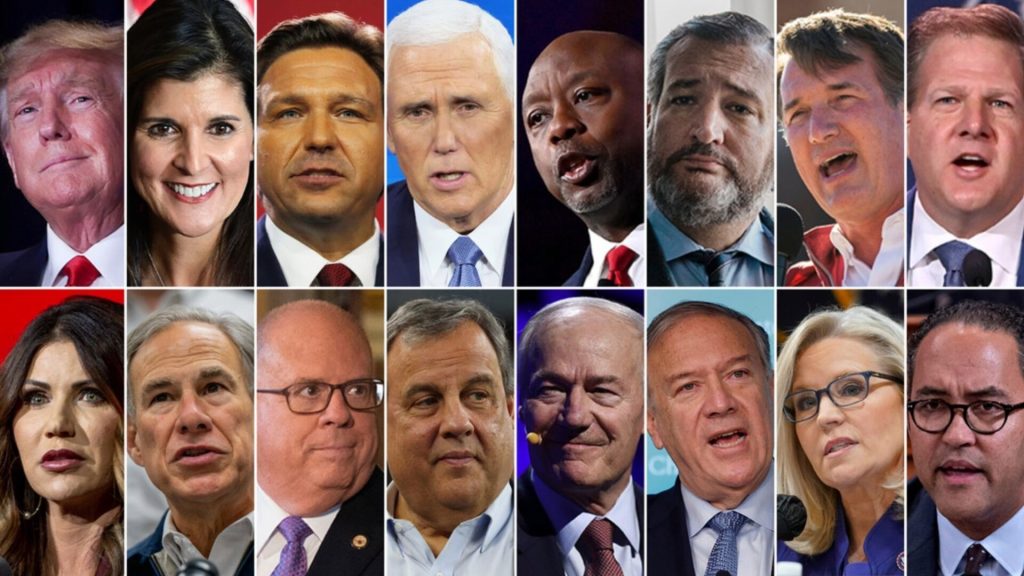
Candidates who supported Trump’s efforts to overturn the election results or spoke at the rally preceding the attack may be vulnerable to similar legal challenges seeking to bar them from state ballots.
A New Dimension of Chaos To an Already Messy Situation
The ruling adds a new dimension of chaos to an already tumultuous election cycle. With the Illinois primary just days away, election officials now face the herculean task of reprinting ballots and notifying voters of the changes.
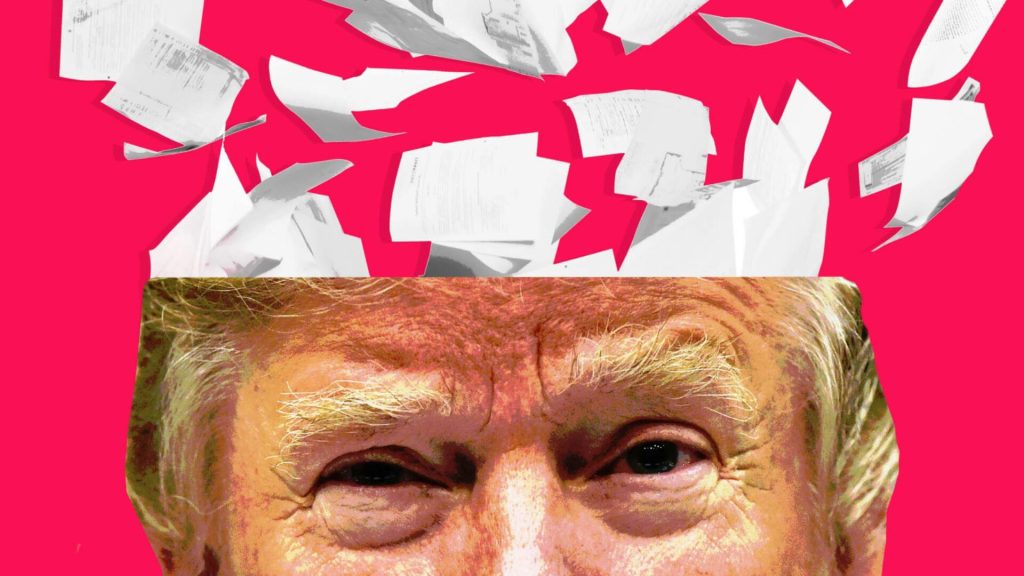
The compressed timeline increases the likelihood of errors and confusion that could undermine faith in the electoral process. The decision also highlights the unsettled nature of the legal issues surrounding Section 3 of the 14th Amendment.
Illinois Dealt Trump a Damning Blow
With the judge’s ruling to remove Trump from the Illinois ballot under the Fourteenth Amendment’s insurrection clause, the former president faces an uphill legal battle.
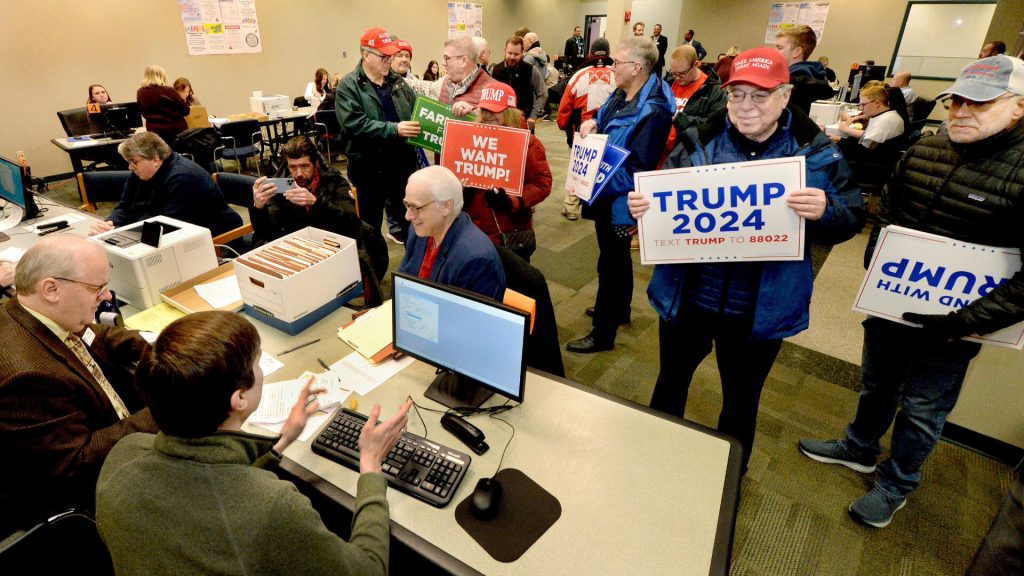
Though he plans to appeal, the preponderance of evidence of his engagement in the January 6 insurrection appears damning. The nation awaits the U.S. Supreme Court’s final say on whether Trump’s actions disqualify him from the ballot in Illinois and other states.

